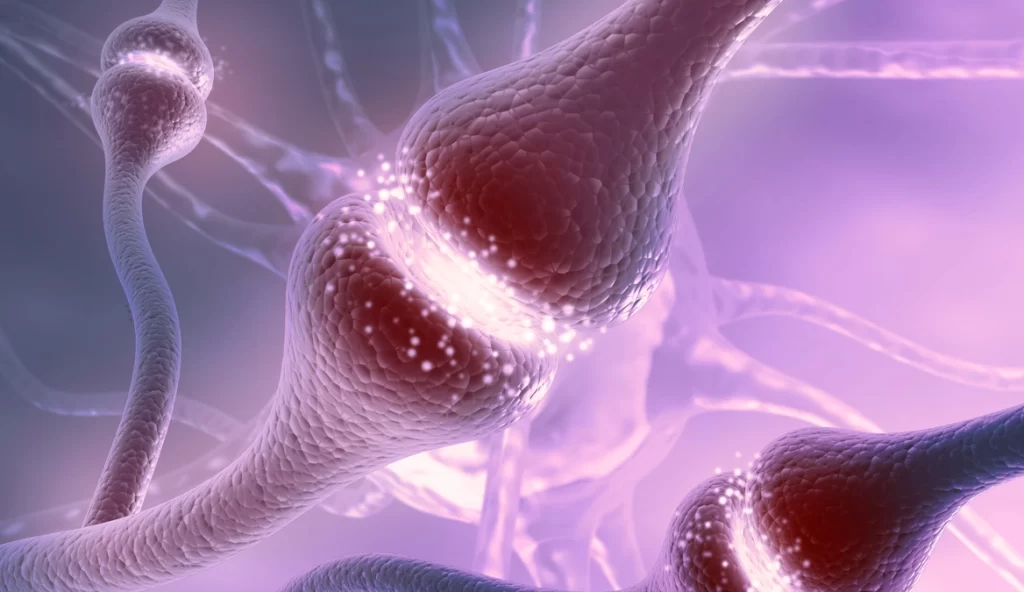Norepinephrine (also known as noradrenaline) is a neurotransmitter and hormone that is involved in several important physiological processes, including regulation of heart rate and blood pressure, regulation of alertness and attention, and regulation of the body’s response to stress.
Norepinephrine is produced in the adrenal glands and in certain neurons in the brain, and is released in response to stress or during periods of heightened arousal or attention. Once released, norepinephrine acts on receptors in the brain and throughout the body to increase heart rate, blood pressure, and alertness, and to prepare the body for a “fight or flight” response.
In addition to its role as a neurotransmitter, norepinephrine is also used as a drug to treat conditions such as attention deficit hyperactivity disorder (ADHD) and depression. Certain antidepressants, known as norepinephrine reuptake inhibitors, work by increasing the availability of norepinephrine in the brain, which can help to improve mood and alleviate symptoms of depression.
In summary, norepinephrine is an important neurotransmitter and hormone that plays a key role in regulating the body’s response to stress, attention, and arousal.
Norepinephrine is a neurotransmitter and hormone that plays several roles in the body, including:
- Regulating heart rate and blood pressure
- Arousal and alertness
- Mood regulation
- Attention and focus
- Stress response
- Modulation of pain perception
It acts as a signaling molecule in both the central nervous system and the sympathetic nervous system, where it acts as a neurotransmitter and a hormone, respectively.
5 ways to increase Norepinephrine
- Exercise: Regular physical activity has been shown to increase norepinephrine levels.
- Sleep: Adequate sleep and good sleep quality can help to boost norepinephrine levels.
- Stress Management: Engaging in stress-reducing activities such as meditation, deep breathing, or yoga can help to increase norepinephrine levels.
- Dietary Changes: Consuming a balanced diet rich in protein and healthy fats, as well as reducing caffeine and sugar intake, can help to support norepinephrine production.
- Supplements: Certain supplements, such as tyrosine, an amino acid that is a building block of norepinephrine, and Rhodiola rosea, an adaptogenic herb, have been shown to increase norepinephrine levels. However, it’s important to note that supplements should only be used under the guidance of a healthcare provider.


